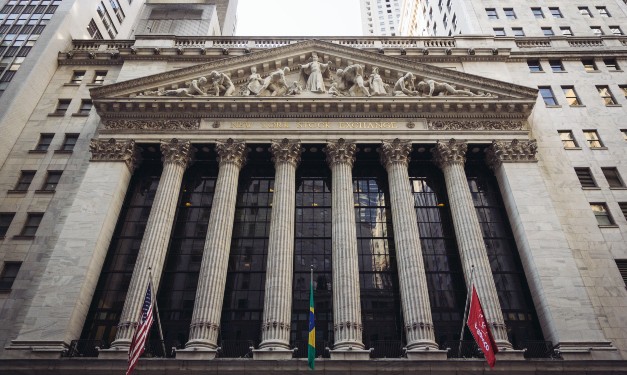Investors remain more fearful than greedy despite the rise in equity markets this year and signs that central banks are winning the battle on inflation, according to the latest global fund manager survey from Bank of America (BofA).
The research, which polled the views of 222 individuals managing a collective $588 bn, finds that the majority of respondents (68 percent) now predict a soft landing for the economy, compared with 21 percent who expect a sharper downturn.
Most investors, however, still see the global economy weakening over the next 12 months, with the mood only improving ‘marginally’ between June and July, while cash levels have ticked up month on month from 5.1 percent to 5.3 percent.

Equity markets have staged a remarkable comeback in 2023 with the FTSE World Index up 14 percent at the half-way point. The recovery has been led by tech stocks as investors bet that central banks are close to ending their current tightening cycle.
The global economic picture has been more mixed with developed countries so far avoiding a predicted recession but China’s reopening boom quickly losing steam.
Recession odds
Almost half of global fund managers (48 percent) now think a global recession will start by the end of the first quarter of 2024, reports BofA. Yet a rising proportion – 19 percent in July versus 14 percent in June – see no recession for the next year and a half.
A net 50 percent still expect the global profit outlook to weaken over the next year but ‘that’s the smallest number in almost 18 months,’ note BofA analysts.
Turning to allocations, the study finds investors are warming to equities but remain a net 24 percent underweight global stocks. Interest in commodities has collapsed, meanwhile, with respondents the most underweight this asset class since May 2020.
BofA highlights that there appears to be a growing distinction between still-bearish institutions and more bullish retail investors. A separate survey, conducted by the American Association of Individual Investors, finds that allocations to stocks and stock funds stood at 66 percent in June, the highest level since May 2022 and above the historical average of 61.5 percent.










